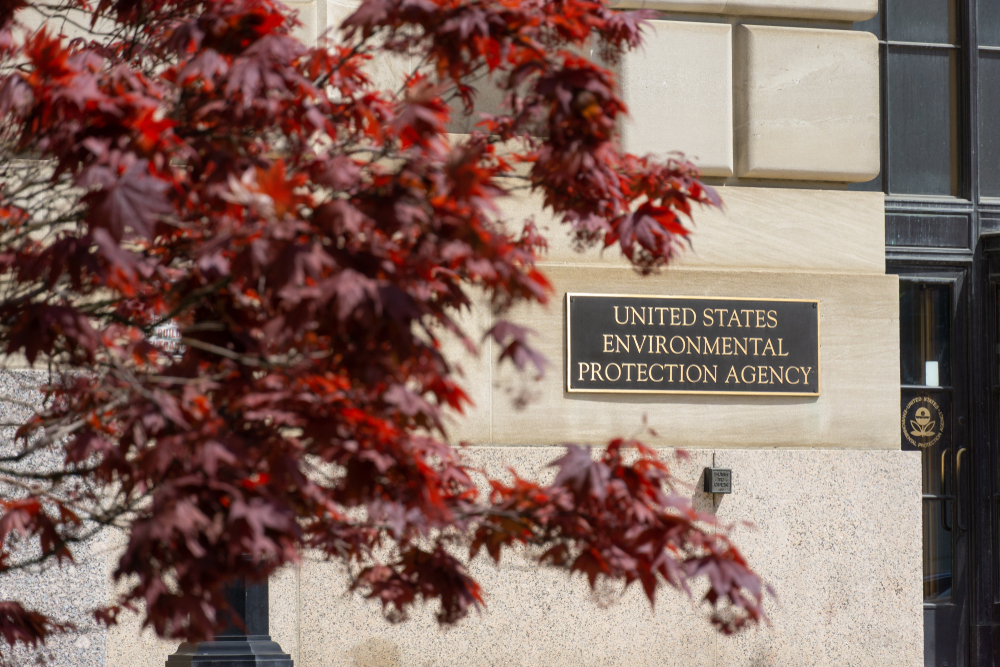The COVID-19 pandemic has impacted virtually every industry sector around the world. Industrial facilities and entities that are typically compliant with federal and state-level environmental regulations have faced unique compliance challenges. Many communities have been subject to Stay-at-Home orders or have implemented reduced workforces or staggered shifts to encourage social distancing. The global supply chain has drastically shifted in a matter of months, which has affected everything from the transportation of hazardous wastes, to the ability of certified laboratories to acquire the necessary supplies to conduct analyses.
On March 26, 2020, the United States Environmental Protection Agency (USEPA) announced a temporary policy to exercise enforcement discretion for certain instances of noncompliance with federal environmental regulations that may have occurred at facilities due to the COVID-19 pandemic.
Many state agencies followed suit and have demonstrated flexibility in various routine aspects of environmental compliance, so long as it could be demonstrated that instances of noncompliance were rooted in the pandemic and communicated to the proper agency. For example, as of July 2, 2020, the Minnesota Pollution Control Agency (MPCA) had received over 530 requests for regulatory flexibility connected to COVID-19. Over a third of such requests were for approval of easing in unattended cardlock facility requirements. Other common requests included requests to delay hazardous waste inspections, increase hazardous waste accumulation times, and delay the submission of annual reports. The MPCA has approved approximately 95% of these requests.
The End of Leniency?
Recently, the USEPA announced that its temporary policy will be “terminated in its entirety at 11:59 PM (EST) on August 31, 2020”, indicating that noncompliance occurring after August 31, 2020 would not be granted enforcement discretion under the March 26 policy. The USEPA has indicated it may terminate the temporary policy (in whole or in part) earlier, depending on the expiration of Stay-at-Home orders or public health emergency guidelines – however, in this instance, a public notice would be posted at least seven days prior to such activity.
Some state agencies, such as the Illinois Environmental Protection Agency (IEPA), have also indicated that they will end their policy of non-compliance leniency by August 31, 2020.
As the COVID-19 health crisis continues to evolve, and many states or cities may once again return to some version of Stay-at-Home orders or stricter requirements for businesses to be allowed to operate before this pandemic is over, it is important to keep a watchful eye on the agencies, federal or local, that regulate your facility or entity.
For now, continue complying with environmental rules and regulations as much as is feasible – and be proactive in managing communication with your regulators, especially if you have concerns about maintaining a compliant status. In situations where you may experience significant non-compliance, obtaining advice from an environmental professional or legal counsel may provide options for minimizing penalties or securing longer time frames to resolve such instances. Finally, remember that many state and federal regulators are working remotely and may not have access to their paper files or all previous correspondence, so taking a proactive and informative approach can go a long way in ensuring a smooth conversation.
For more information, see:
https://www.epa.gov/sites/production/files/2020-03/documents/oecamemooncovid19implications.pdf
https://www.epa.gov/sites/production/files/2020-06/documents/covid19addendumontermination.pdf




